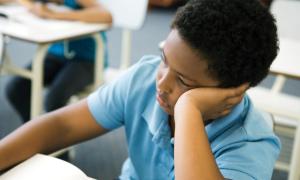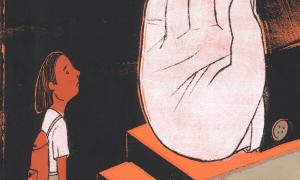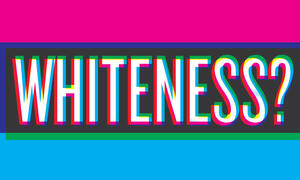lesson
Bayard Rustin: The Fight for Racial Justice and Gay Rights
This lesson centers on the invaluable work and activism of Bayard Rustin. Rustin was not only dedicated to orchestrating the civil rights movement; he was also one of Dr. Martin Luther King Jr.’s closest advisors, and the organizer of the 1963 March on Washington.
January 22, 2013



